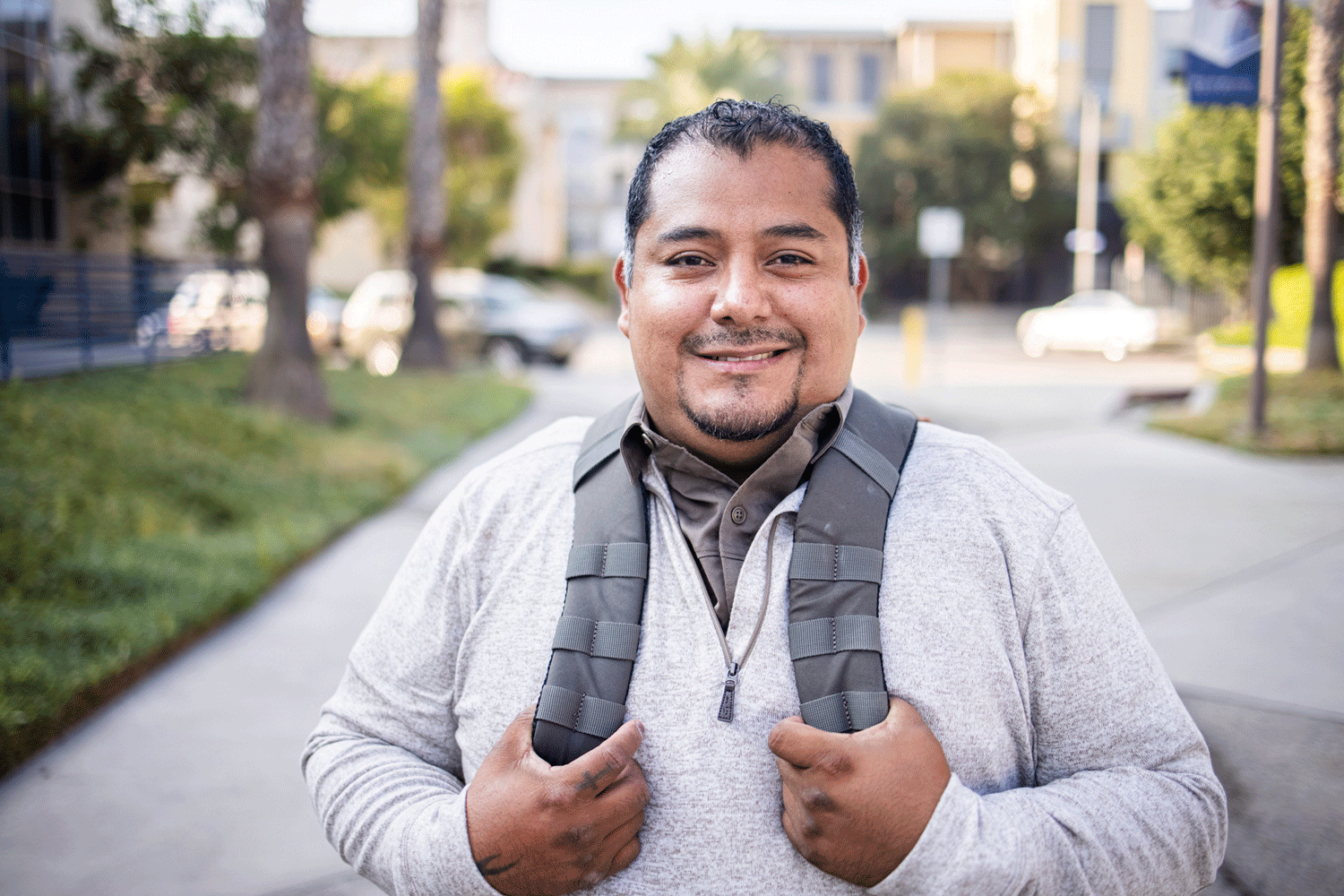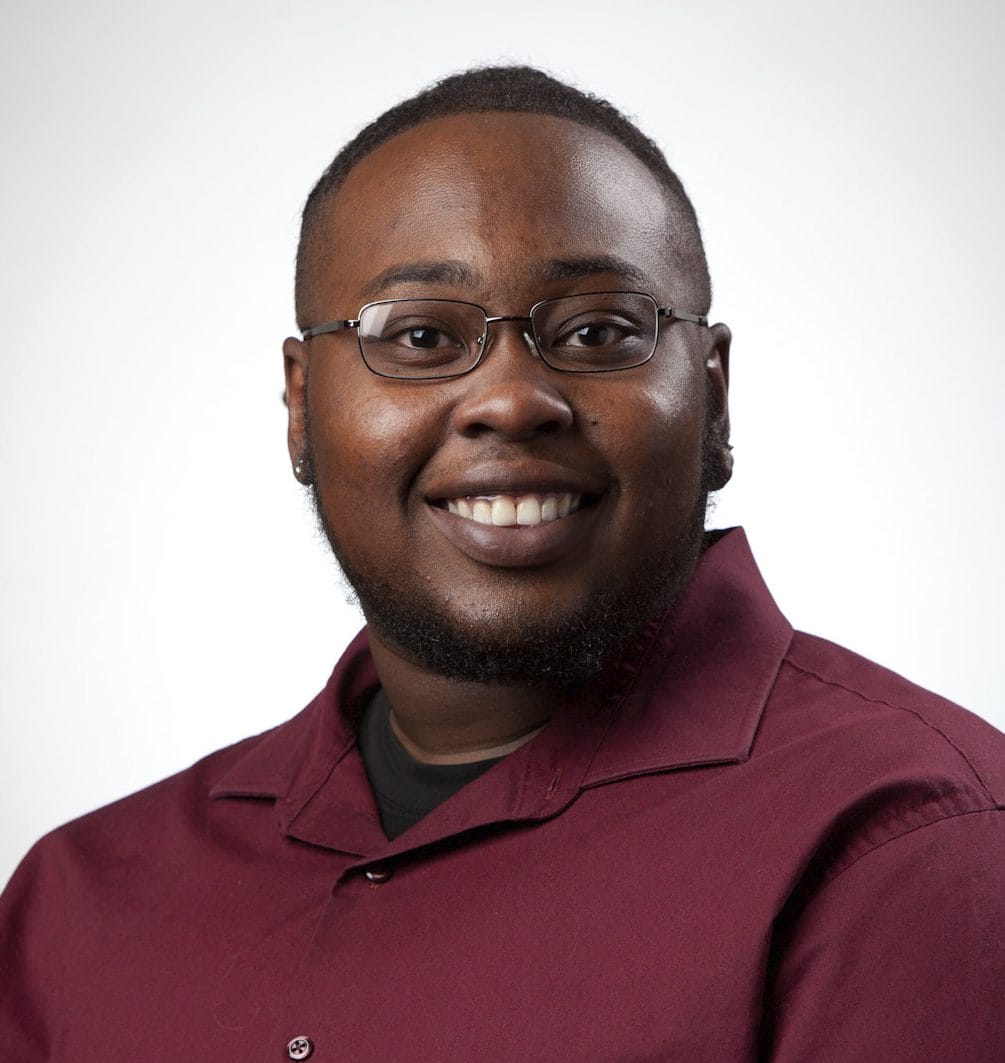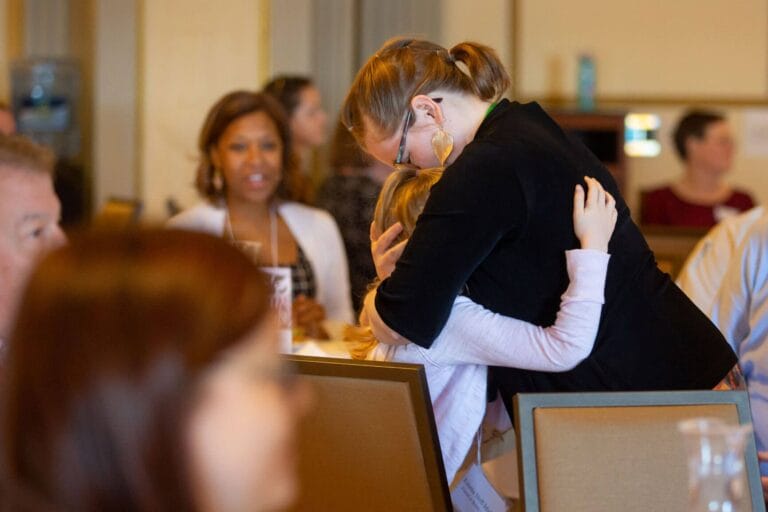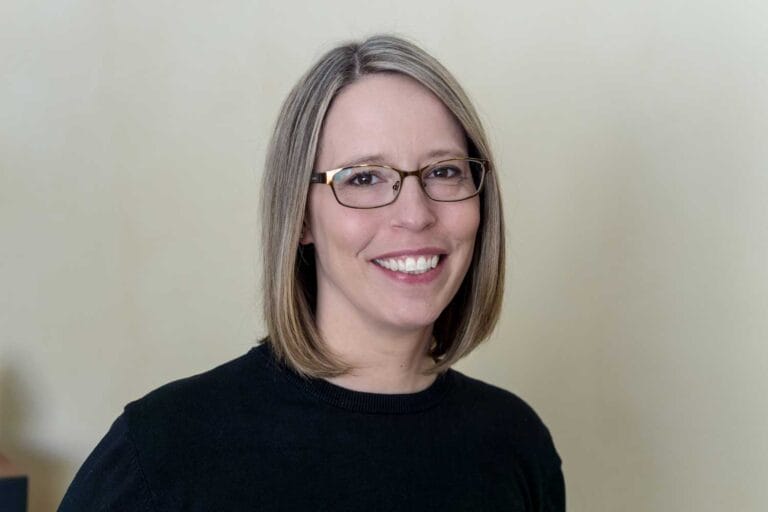
Cultivating college knowledge for first-generation adult students
Returning to college as an adult student presents challenges, no matter your age or background. But what if you’re the first person in your family to attend college? That can add an extra layer of difficulty.
But I speak from experience when I say that being a first-generation college student can open exciting possibilities for you and add important perspectives to campuses and classrooms.

The biggest lesson I learned from my experience as a first-gen college student at UW–Madison years ago is that making connections — with peers, mentors and professors — can make all the difference. That’s often the number one success factor. Let’s dive deeper into other vital resources for first-generation college students:
First-generation student centers. Coming to college without prior knowledge from family and friends can put you at a disadvantage. But remember, it’s not you, it’s often the system that is rigged. Many aspects of the university experience were not built with first-generation college students in mind. Inquire about first-gen student centers at your chosen institution. Many of these centers are funded by federal programs, which could also be a source of support.
Parent resource centers. At UW–Madison, we have the Office of Child Care and Family Resources. This center and those like it at other colleges and universities can help with childcare, building community, financial assistance, and navigating school and work with a family.
Academic and career support. If you’re a first-gen college student, this may be your first foray into the world of research, writing essays or advanced math. Tap into your school’s tutoring center for support. Your professors and teaching assistants in your classes can also support your academic success. Make use of job and career centers, too, whether you want a job on campus or are looking for help shaping your career goals.
Financial aid. Don’t miss out on funding opportunities for first-generation college students just because you didn’t ask. Check in with your institution’s financial aid office to seek grants and scholarships. Most importantly, fill out your FAFSA form to determine how much federal aid you will receive. Go to studentaid.gov to learn more.
Continuing education units. We often work with first-generation students here in our Adult Career and Special Student Services unit. Nearly every college has a continuing studies department that caters to nontraditional students and their unique needs.
Also, find out how your school addresses food insecurity, housing and health services. Colleges are getting better at supporting students with these basic needs, but you may have to ask for help.
As an academic advisor, I take pride in a people-centered approach to helping nontraditional and first-generation students feel like they belong. Yes, college is about academics, but studies show that a sense of belonging is vital and translates into academic success. Don’t hesitate to reach out to me.
The Lifelong Learner is a monthly feature written by UW–Madison’s Continuing Studies staff. Ace Hilliard, academic advisor, can be reached at [email protected]. This article first appeared in the Wisconsin State Journal on February 13, 2022.
Published on Feb 15 2022
Last Updated on Jul 10 2024
Categories: Adult Career and Special Student Services, News



